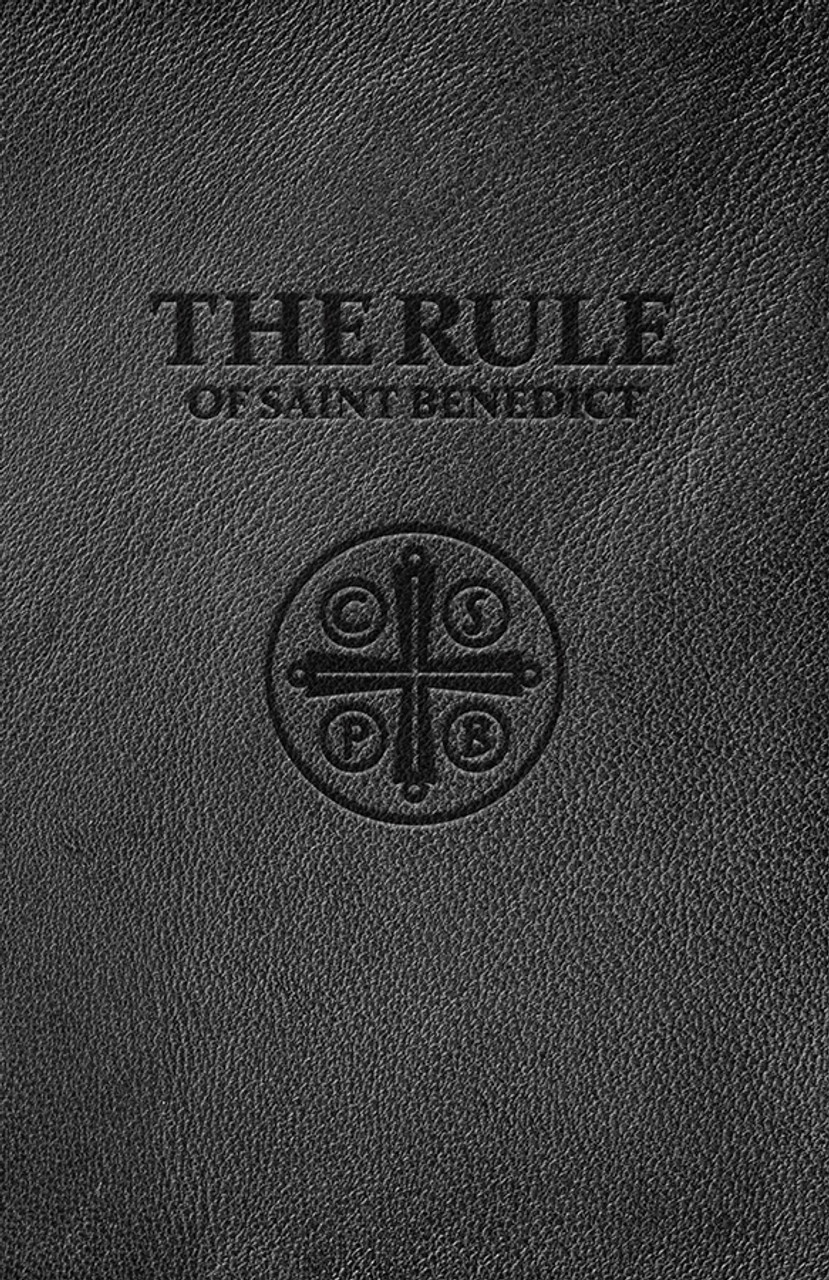The Rule of St. Benedict, while intending for use in the monastery, has wisdom for all those looking to bring more order to their family or community setting. Learn from St. Benedict himself, how to celebrate vigils and Lauds on Sundays and on ordinary days of the week.
How to celebrate Vigils on Sundays
On Sunday, all should rise earlier for Vigils, and therein observe the following order. When six psalms and the versicle have been sung, as we said above, all then sit down in a becoming and orderly manner, and let four readings with the responsories be read from the book; to the forth responsory only, let the Cantor add a “Gloria,” at the beginning of which all should rise out of reverence. After these readings, let six more psalms follow in order, with their antiphons and versicle as before. Then let four other readings with their responsories be read in the same way as the former. Next, let three canticles be said from the Prophets, such as the Abbot shall appoint; these must be sung with “Alleluia.”
When the versicle has been said, and the Abbot has given his blessing, four other readings should be read out of the New Testament, in the same order as before. After the fourth responsory, the Abbot should begin the Hymn “Te Deum laudamus,” and this being said, he then should read a reading from the Gospel, with reverential fear while all stand. At the end of this let all answer “Amen,” and then let the Abbot go on with the Hymn: “Te decet alus.”
Then, after the giving of the blessing, let Lauds begin. This order is always to be observed in singing Vigils on Sundays, both in summer and in Winter, unless—God forbid—they rise late, for then the readings or responsories must be somewhat shortened. But be very careful that this does not happen; and if it does, let him, by whose negligence it comes to pass, make satisfaction for it in the Oratory.
How to celebrate Lauds on Sundays
For Sunday’s Lauds, first, Psalm 60 should be said plainly, without an antiphon; then say Psalm 50 with an “Alleluia,” then Psalm 170 and Psalm 62; then the “Blessings,” and “Praises,” one reading from Revelations said by heart, a responsory, a hymn, a versicle with a canticle out of the Gospel, and the Litanies, and so conclude.
How to celebrate Lauds on ordinary week days
On ordinary week days, Lauds should be celebrated is this way: Let Psalm 66 be said as on
Sunday, plainly and without an antiphon, and also somewhat more slowly, in order that all may be in their places for Psalm 50, which must be said with an antiphon. After which, let two other psalms be said according to custom; that is, on Monday, Psalms 5 and 35; on Tuesday, Psalms 42 and 56; on Wednesday, Psalms 63 and 64; on Thursday, Psalms 87 and 89; on Friday, Psalms 75 and 91; on Saturday, Psalm 142 and the Canticle of Deuteronomy, which must be divided into two “Glorias.” But on other days, let the Canticle of the Prophets be said, each on its own day, according to the practice of the Roman Church. After these, let the Praises follow; then a reading from the Apostles to be said by heart, a responsory, hymn, and versicle, a Canticle out of the Gospel, the Litanies, and so conclude.
Never let the celebration of Lauds and Vespers end without having the Superior say the Lord’s prayer while everyone listens. The thorns of scandal are likely to arise among the brothers, and thus they should be reminded by the covenant of this prayer, namely, “Forgive us our trespasses as we forgive those who have trespassed against us.” In hearing this, the Brothers may purge themselves from these faults. But in celebrating the other hours, let the last part only be said aloud, that all may answer, “But deliver us from evil.”
How to celebrate Vigils on the Feast days of Saints
On Saints’ days, and upon all solemnities, the same order should be observed as on Sundays, only that psalms, antiphons, and readings be said, proper to the day itself. Their method, however, should remain the same as was determined above.
How many psalms are to be said during these hours
We have already arranged the order of the Of- fice for Vigils and Lauds. Let us now deal with the Hours that follow. At Prime, three psalms should be said separately, and not under one “Gloria.” After the verse, “O God incline unto mine aid,” let the hymn of the same Hour follow, before the psalms is begun. At the end of the psalms, recite one reading, a versicle, and “Kyrie Eleison,” and conclude that Hour with a dismissal. Tierce, Sext, and None, are to be recited in the same way; that is, the prayer, versicle, and hymns of these same Hours, three psalms, then a reading, versicle, and “Kyrie Eleison,” and let the Hour conclude with a dismissal. If the community is large, the Hours should be sung with antiphons; if, however, it is small, recite them only. Vespers should be said with four psalms and antiphons; after these let a reading be recited, then a responsory, the hymn, versicle, and canticle from the Gospel, the Litany, the Lord’s Prayer, and a dismissal to conclude. For Compline, let three psalms be recited straight on without antiphons. After these, the hymn for that Hour, the reading, versicle, “Kyrie Eleison,” and blessing, and then let the Hour come to an end.
ooo
This article is taken from a chapter in The Rule of Saint Benedict by Saint Benedict of Nursia which is available from TAN Books.







